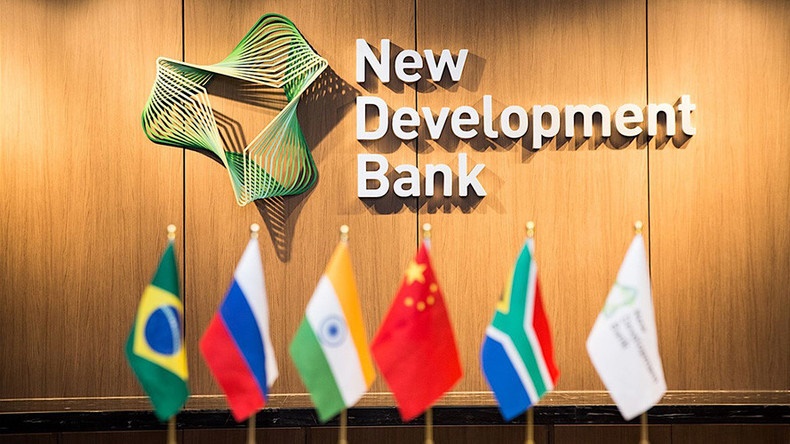
For emerging economies to grow and prosper over the coming decades, they must undertake sustained and effective investment in education, infrastructure and technology.
There is general agreement about the barriers to investment. These include a lack of “bankable” projects, the difficulty of managing political and macroeconomic risk, and a mismatch between instruments being offered and the needs of institutional investors.
There is rationale to the call for institutions such as the New Development Bank, otherwise known as the Brics Bank, to enhance lending and step up technical assistance. This, while seeking to mobilise private finance through innovative policies and advance project-preparation facilities, the co-financing of funds and de-risking for private investors.
Infrastructure assets are an evolving asset class, yet infrastructure vital to development has seen insufficient funding.
In addition, Basel III, which has increased banking reserves, and Solvency II, which hiked reserves for European insurers and reinsurers, have affected global private-finance flows to developing countries.
That said, chronic government debt has a negative relationship with growth potential.
Investing in unproductive projects results in the build-up of debt, higher local interest rates, instability in financial markets and economic fragility.
Examples of this include the many unproductive investments made by local state-owned enterprises such as Eskom, Transnet and the Passenger Rail Agency of SA.
A PwC report, published in 2017, argues that high debt levels can make governments vulnerable to financial and currency crises, particularly if these involve heavy borrowing from overseas.
If so, they tend to be associated with greater macroeconomic instability, higher inflation and slower long-term growth on average.
The Brics Bank is positioned to be innovative and to depoliticise the choice of projects. It is also positioned to improve implementation, monitoring and evaluation, and to reduce financing costs by issuing safe, long-term infrastructure bonds and leveraging private capital in a better way.
Likewise, the bank can raise debt capital to finance private and public activities through project bonds, designed to mobilise pension and life insurance funds, including sovereign funds for public-private partnerships.
This will justify the rationale of establishing an infrastructure fund by the South African government.
Creating an “infrastructure asset class” to attract institutional investors and enhance the use of guarantees by government, or institutions such as the Brics Bank, will lower the perceived private-sector risk. Within the African context, pension funds are hesitant to invest in infrastructure such as roads, railroads and ports, despite the ability of these projects to create jobs.
This has a negative effect on total factor productivity growth – the portion of output not explained by labour and capital which is used in production.
The process of infrastructure development needs to be tailored to advance industrialisation and to moderate and harmonise government spending to support consumption.
The Brics Bank’s local currency-denominated bond focus could potentially enable local firms to move up the value chain by providing funding at a competitively priced interest rate. This financing approach can allow for more world-class companies to arise from the emerging economies.
The African Development Bank has raised concerns about major investments in infrastructure in Africa, where projects are financed principally by external borrowing. This, it says, creates a foreign currency and maturity mismatch in servicing debt as revenue streams accrue predominantly in local currencies, while debt is paid back in foreign currency, and debt obligations mature before income streams from these projects begin.
The more a country invests in innovation and infrastructure, the better off that country.
There is a major infrastructure gap in Africa that is not being financed because countries on the continent battle to mobilise funding.
Emerging economies, particularly in Africa, must develop competitive markets by mobilising finance and creating common markets.
For them to be able to do so, they must be pragmatic and realistic, and formulate economic development strategies suitable for their countries.
They must learn from the mistakes of structuralism’s excessive intervention and neoliberalism’s laissez-faire policy, and rather have the market and the state play their respective roles in the economic transition.
The Brics Bank can help in the build-up of debt that is consistent with a country’s development needs and capacities, in order to service the loans, without compromising fundamentals for future growth.
Mankewu is executive director at the Infrastructure Research Development Centre, which focuses on rail and ports infrastructure in sub-Saharan Africa. The centre is associated with a local university




 Publications
Publications
 Partners
Partners









